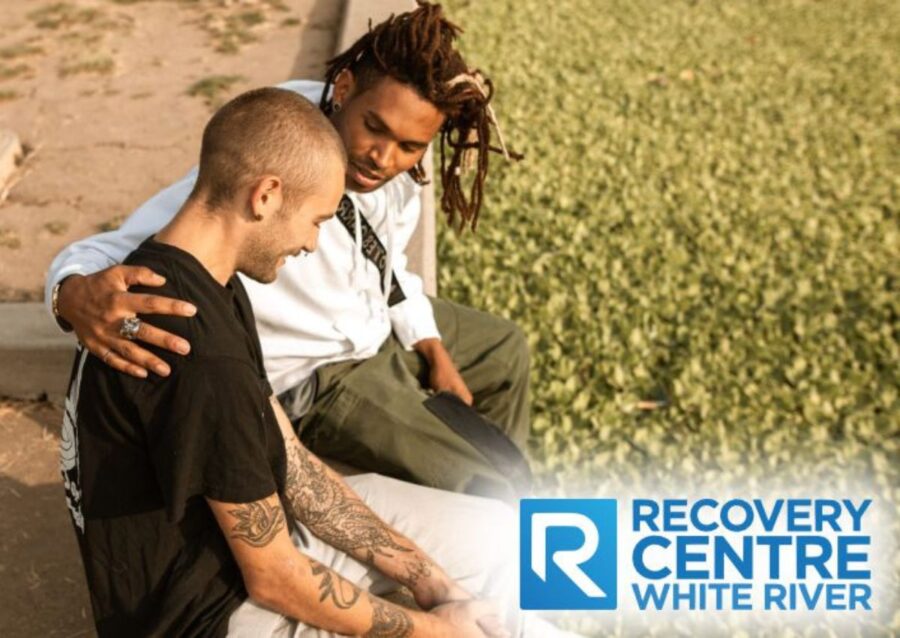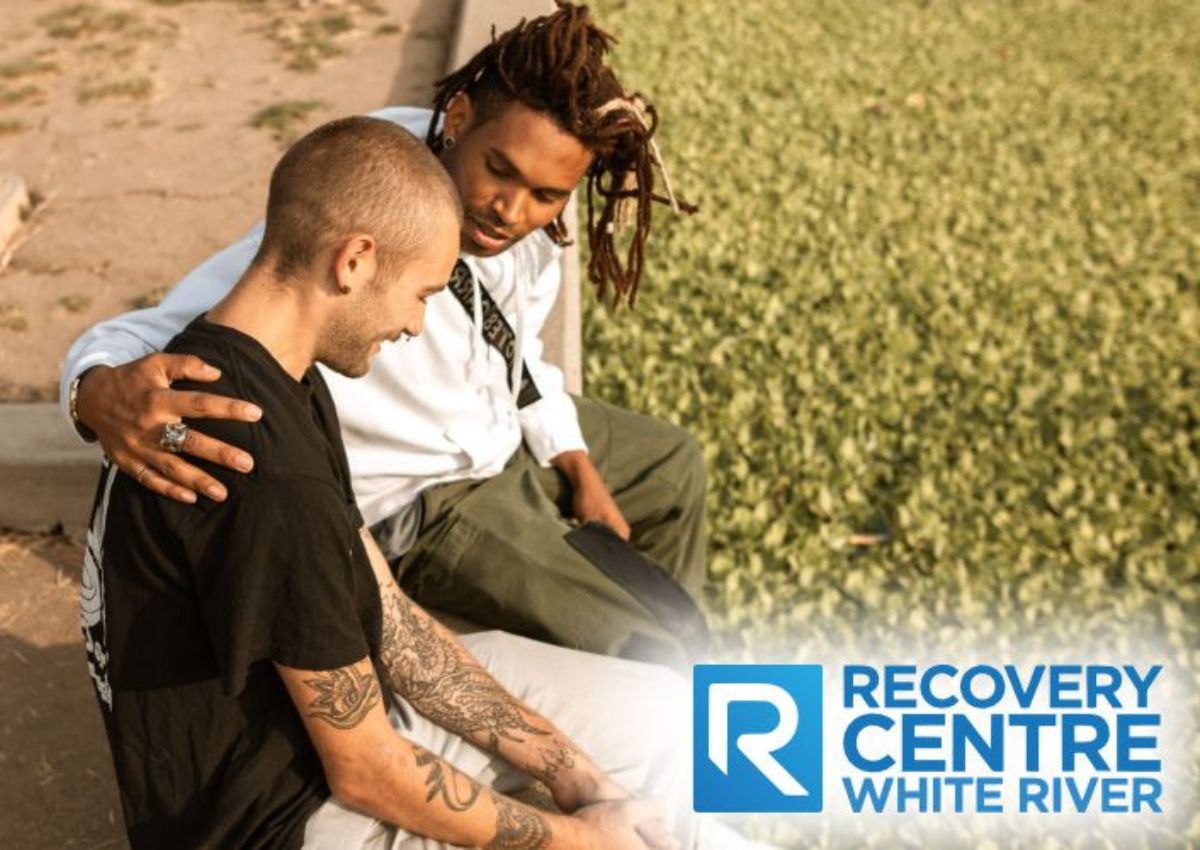
You’re Not Alone: Finding support and community at Top Drug Rehabilitation Centres
Drug rehabilitation centres provide a supportive environment for individuals to reclaim their lives.

Recovery from addiction is a deeply personal and often challenging journey. It’s a path that requires immense courage, dedication, and resilience. For many, this journey can feel isolating and overwhelming, but it’s important to remember that you are not alone.
Drug rehabilitation centres play a pivotal role in providing a supportive environment where individuals can find community and the help they need to reclaim their lives.
The Power of Shared Experiences
One of the most profound aspects of drug rehabilitation centres is the sense of community they foster. These centres bring together individuals who are facing similar struggles, creating a unique environment where shared experiences become a powerful tool for healing.
In group therapy sessions, for instance, participants can share their stories, challenges, and triumphs. This sharing helps break down the walls of isolation that many addicts in recovery feel, replacing them with a sense of connection and understanding.
Professional Support and Guidance
Drug rehabilitation centres are staffed with professionals who are trained to provide both medical and emotional support.
This includes counsellors, therapists, doctors, and support staff who understand the complexities of addiction and recovery. These professionals offer individualized care plans tailored to each person’s specific needs, ensuring that the support provided is both effective and compassionate.
Their guidance helps individuals navigate the often tumultuous waters of early recovery, providing tools and strategies to manage cravings, cope with triggers, and build a new, healthier lifestyle.
Building New Relationships
One of the key benefits of being in a rehabilitation centre is the opportunity to build new, healthy relationships. These relationships are often grounded in mutual respect and understanding, providing a foundation for long-term support.
Fellow residents and staff members can become a second family, offering encouragement and motivation during difficult times. These bonds can extend beyond the duration of the rehabilitation program, creating a lasting network of support that continues to uplift and sustain individuals in their recovery journey.
Structured and Safe Environment
Rehabilitation centres provide a structured environment that is crucial for recovery. The daily schedule of therapy sessions, group activities, and personal time helps individuals establish a routine that supports their recovery goals.
This structure reduces the likelihood of relapse by minimizing idle time and keeping individuals engaged in productive self-care activities. Additionally, the safe and controlled environment of a rehab centre removes external pressures and temptations, allowing individuals to focus entirely on their healing process.
Holistic Approaches to Healing
Many drug rehabilitation centres incorporate holistic approaches to treatment, recognizing that recovery is not just about abstaining from substances but also about healing the mind, body, and spirit.
Activities such as yoga, meditation, art therapy, and outdoor excursions can play a vital role in this holistic healing process. These activities help individuals reconnect with themselves, discover new passions, and find healthy ways to cope with stress and emotions.
Continuing Care and Aftercare Programs
Recovery doesn’t end when a person leaves the rehabilitation centre. Many centres offer continuing care and aftercare programs to support individuals as they transition back into their daily lives.
These programs might include ongoing counselling, support group meetings, and access to resources that help individuals maintain their sobriety. Knowing that there is a continued support system in place can make a significant difference in the long-term success of an individual’s recovery journey.
Conclusion
Recovering from addiction is a complex and challenging process, but finding community and support at a drug rehabilitation centre can make this journey more manageable and hopeful. The connections made, the professional support received, and the structured environment provided by these centres all contribute to a stronger, healthier path to recovery. Remember, you are not alone in this journey; there is a community ready to support you every step of the way.